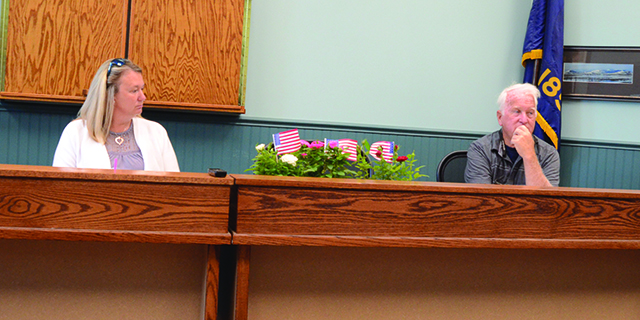Updating gas tax makes sense
Published 1:13 pm Tuesday, May 26, 2015
As summer driving season rolls in, it’s a good time to think about how we pay for our roads.
With petroleum prices lower for the time being and more drivers buying hybrid and electric cars, Oregon is about to experiment with taxing vehicles based on the miles they are driven instead of on the fuel they consume.
Trending
This is an interesting and valid exercise, but one that raises a variety of issues that must be addressed.
The basic scheme is to replace fuel taxes paid at the pump with a flat 1.5 cent per mile charge for use of public roads in Oregon. Up to 5,000 volunteers will start testing the concept on July 1, using small digital devices to track their mileage. California, Washington and Indiana all are at earlier stages of considering the concept.
U.S. drivers, especially those who don’t live in the Northeast where there are more toll highways, are pretty spoiled when it comes to transportation costs. Generally, our gasoline is taxed at far lower rates than is the case in the rest of the developed world. And we face far fewer toll roads. Drive through France, Mexico and scores of other places, and you will be reaching for your wallet every hour or so.
It’s safe to say nobody relishes having to pay either taxes or tolls, but expensive public infrastructure like highways and bridges is one of the best examples of government providing something private citizens need but are unable to accomplish on our own. Considering the systemic changes underway in oil markets and automobiles, fuel taxes simply can’t keep up. Only in recent years has technology come along that will allow accurate monitoring of actual miles driven, giving a new option for transportation funding.
Civil liberties activists see the monitoring devices as a potential intrusion on privacy, in effect giving government a real-time picture of where all vehicles are moving at any given time. Oregon has responded by designing one option that uses global positioning satellite tracking and another option that relies on a simple odometer that counts passing miles. Any records that are collected are supposed to be carefully controlled and then destroyed after they have served their revenue purpose.
In any event, such privacy worries may be pointless in a nation where smart phones can already be tracked anywhere and cameras watch over many streets and highways.
Trending
Another concern is expressed by owners and dealers of hybrid and electric cars, who fear they will lose the tax advantage they gained from buying less gasoline or diesel. But the fact is that they use the roads, too, and should be helping pay to maintain them.
As this trial of charging for highway use moves forward, it will bear watching to make certain that rural drivers — who are bound to have to travel greater distances to jobs, schools, healthcare and other necessities — are no more burdened than they already are by fuel taxes. Anything that might worsen the state’s urban-rural divide must be avoided.
Oregonians are suspicious about any changes in the tax system. We do a better job than many states of keeping it fair. People will be justifiably wary of this mileage tax. But if it works, it might be an equitable way to match our highway use with what we pay.









